Control Documents and Financials
The management of documents that accompany transactions is crucial for verification of compliance, auditing and recording. It also helps with the resolution of disputes and accountability, future planning and dispute resolution. Documentation is also an important part in ensuring regulatory compliance and preventing loss of data or information.
Some of these documents are physical, however many are now stored electronically for convenience and security. Some examples include investment papers receipts, receipts for major purchases statements from banks and bills tax files as well as life insurance policies. real estate deeds.
The best way to organize these documents is to create an efficient filing system that can reflect the types of documents you frequently use. A organization structure that incorporates categories like “Estate and Legal”, Bank Accounts”, “Investments”, and “Utilities”, will be beneficial. Within each category you can subdivide further to help locate the particular document you’re looking to find quickly. It’s also recommended to remain consistent with the file name with abbreviations and key words that are easy to understand for yourself or anyone else who may require a specific document. For easy sorting it is advised to format dates in YYYY MM DD.
Consider going digital to store your financial documents in a central cloud location. This gives you more control over your documents, aids you stay organized and eliminates the risk of omitting or losing a file. Plus, digital storage offers more security than physical storage since thieves aren’t able to easily break into your computer.
